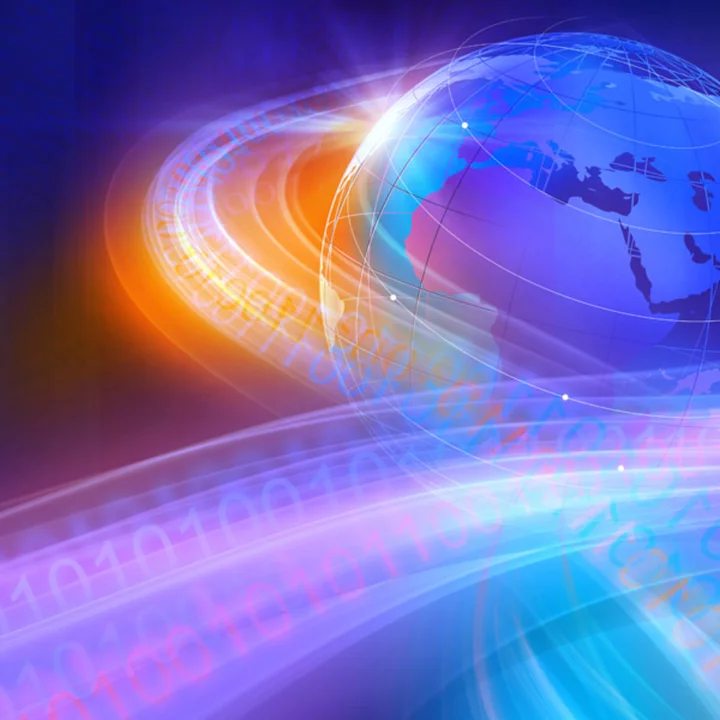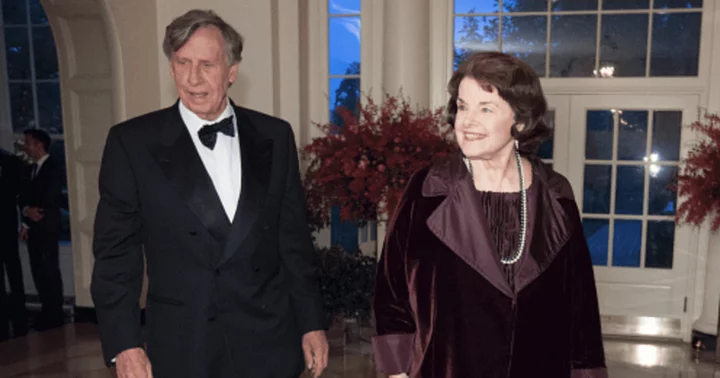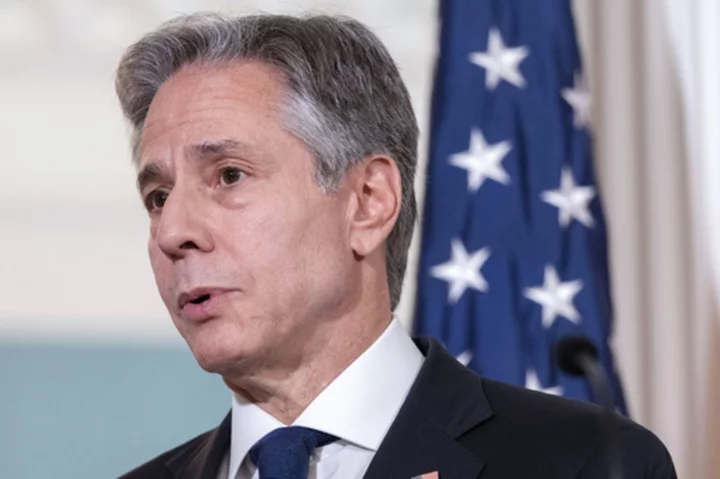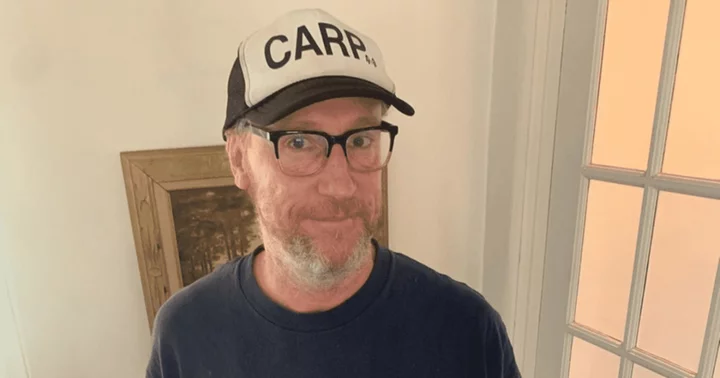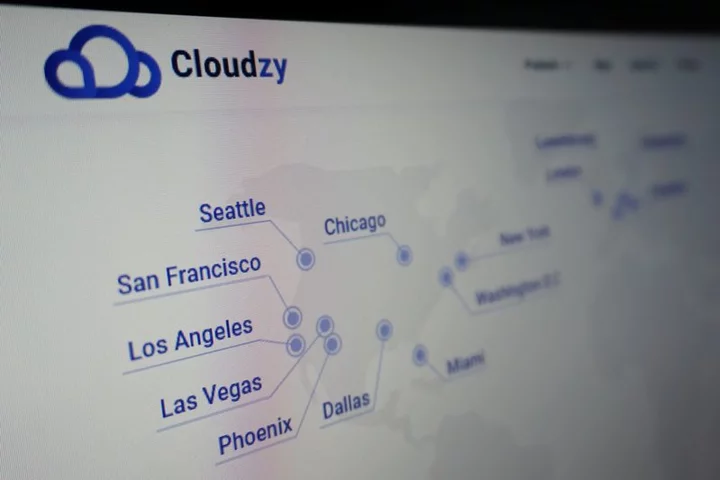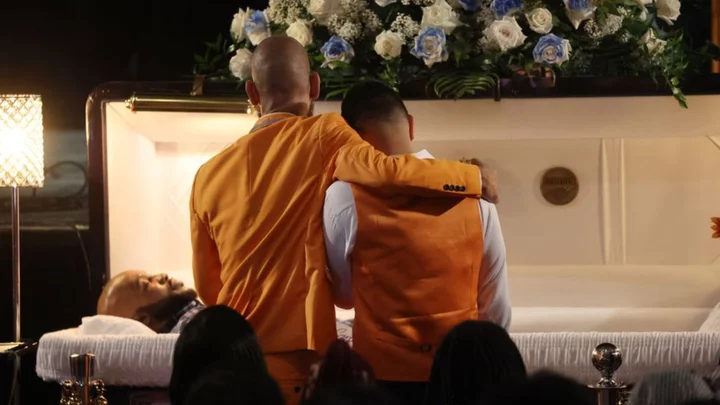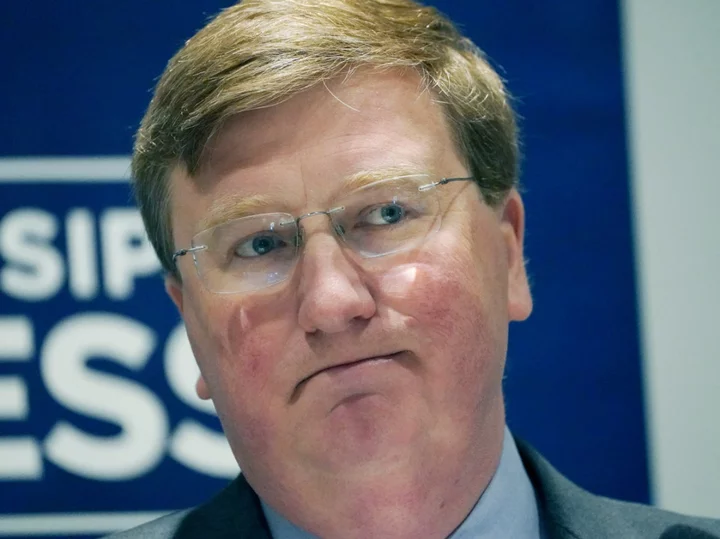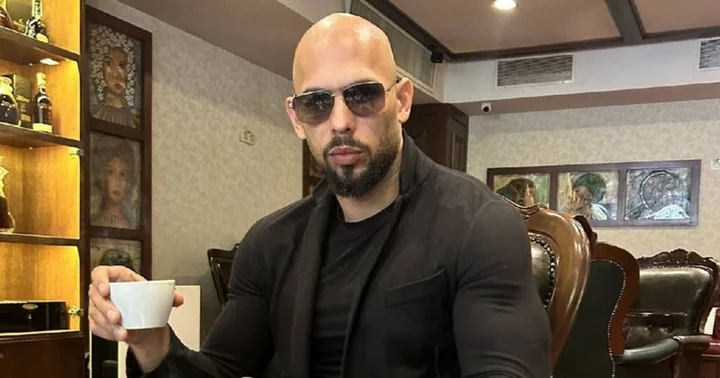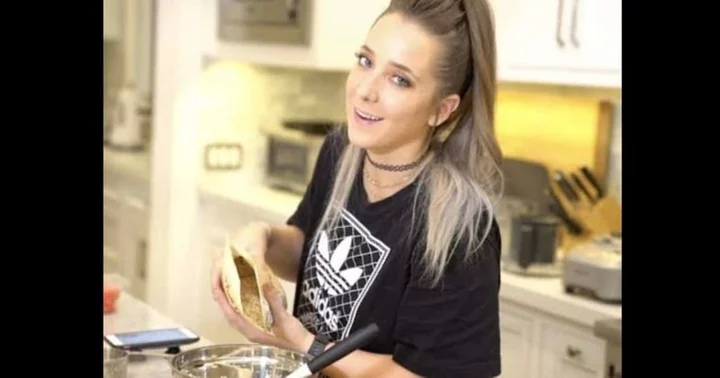Indian Prime Minister Narendra Modi began a two-day visit to France on Thursday focused on defence ties as the EU parliament urged his country to do more to protect ethnic and religious minorities.
Greeted by his French counterpart Elisabeth Borne at Orly airport outside Paris, Modi stepped off his official plane to military honours around midday ahead of two days of meetings.
Despite differences over the war in Ukraine and tensions over human rights in India, Western democracies are courting Modi and the world's most populous country as a counterweight to China in Asia.
"India is one of the pillars of our Indo-Pacific strategy," an aide to Macron told reporters this week on condition of anonymity.
French President Macron invited Modi to be guest of honour at the country's annual Bastille Day military Parade on Friday and will treat him to a sumptuous dinner at the Louvre museum in the evening.
In a sign of deepening defence ties, the Indian leader is reportedly set to unveil the purchase of another 26 French-made Rafale fighter jets, as well as a deal for three Scorpene-class submarines.
But amid the pomp and diplomatic courting, a resolution from the European parliament on Thursday served as a reminder of the Hindu nationalist's controversial leadership style and domestic agenda.
Sitting in Strasbourg in eastern France, EU parliamentarians approved a motion that urged India to end violence in the country's restive northeastern Manipur state and protect minorities there.
Clashes between the majority Meitei, who are mostly Hindus, and the mainly Christian Kuki tribe have left at least 120 people dead, 50,000 displaced and over 1,700 houses destroyed, the parliament said.
It criticised the "nationalistic rhetoric" of the local state government, run by Modi's Bharatiya Janata Party (BJP).
Modi's role during Bastille Day in France was "an affront not only to India's minority communities, journalists and human rights defenders, but also to India as a democracy," the text's chief negotiator, Pierre Larrouturou, said.
Organisers of a protest against Modi in central Paris on Thursday are set to produce a giant head representing Modi declaring "I hate democracy".
- Rights concerns -
Modi has visited France four times since Macron came to power in 2017, while Macron was honoured with a state visit to New Delhi in 2018.
Aides on both sides have talked up the personal chemistry between the two leaders and pointed to cooperation on climate change, space technology and nuclear power as part of a 25-year-old "strategic partnership" between France and India.
Modi told French newspaper Les Echos that bilateral trade had doubled in the last nine years and Macron's "thinking really matches ours".
India and France "are naturally compatible" and "we see France as one of our foremost global partners," Modi added.
India is one of the biggest buyers of French arms, with Modi announcing a landmark deal for 36 Rafale fighter jets during a trip to Paris in 2015 that was worth around 4.0 billion euros at the time.
Few observers expect Macron to raise rights concerns with Modi publicly.
"The fact that explains France's relative success in this relationship is that unlike the US, the UK, Canada, Germany and a few other European countries, you've hardly seen France commenting on the internal affairs of India," Constantino Xavier from the Centre for Social and Economic Progress, a New Delhi-based think tank, said this week.
"That has been appreciated on the Indian side."
- Balancing game -
Modi has been dogged by allegations he was complicit in religious violence during his tenure as chief minister of the western state of Gujarat in 2002 when around 1,000 people, mostly Muslims, were killed in sectarian riots.
Indian government and judicial probes have cleared him of culpability.
Since his first crushing electoral victory in 2014, he has also been denounced by rights groups for increased discrimination and violence towards the country's Muslims, as well as stifling independent media.
But India's clout is growing internationally, with its swelling middle classes helping turn the country into the fifth-biggest economy in the world.
Many European and American businesses, including US tech giant Apple, are ramping up production there to mitigate the threat of supply chain disruptions from China.
The war in Ukraine has heightened concerns in the West about the risk of conflicts disrupting the flow of key raw materials and technology from China, but it has also exposed a rift with India.
New Delhi, which has long sought to balance its ties with Moscow and the West, has declined to condemn Vladimir Putin's invasion of Ukraine and has emerged as a top buyer of discounted Russian oil during the biggest conflict in Europe since World War II.
apz-adp/tgb/gw

